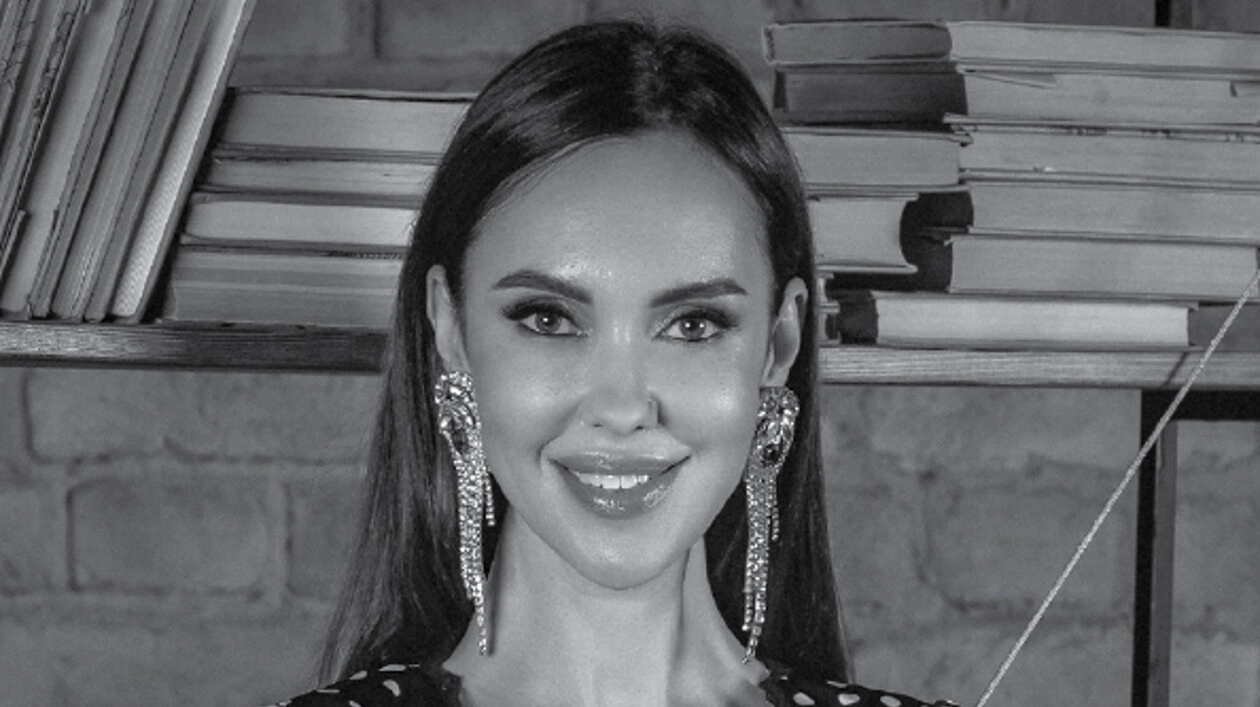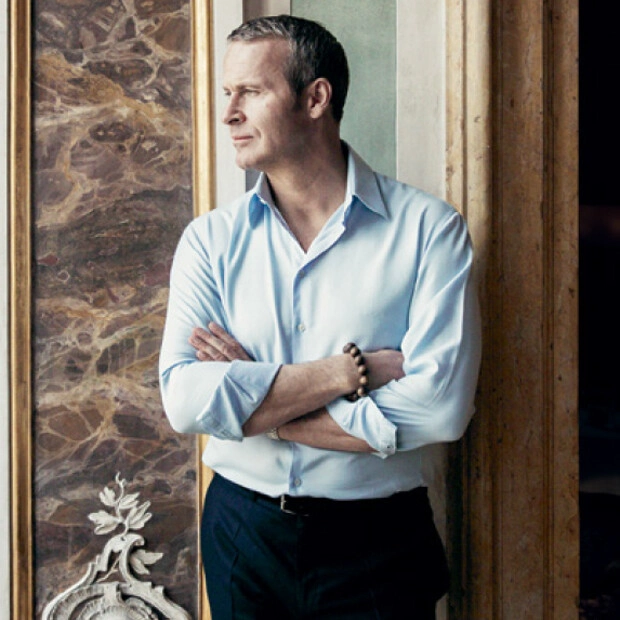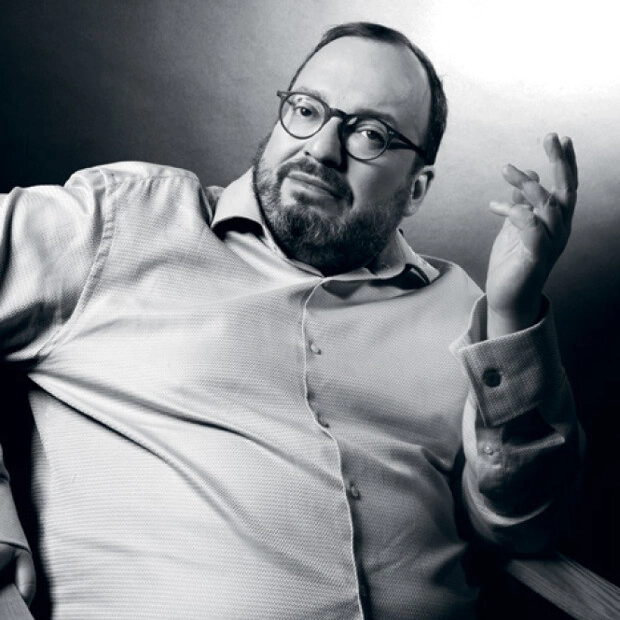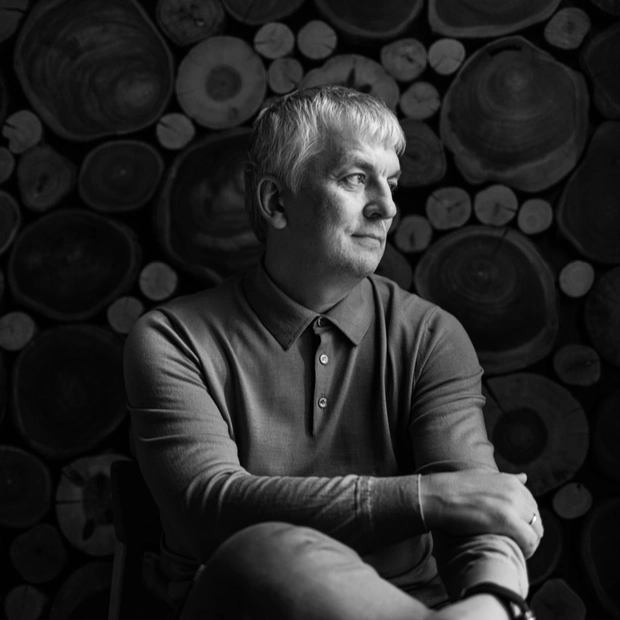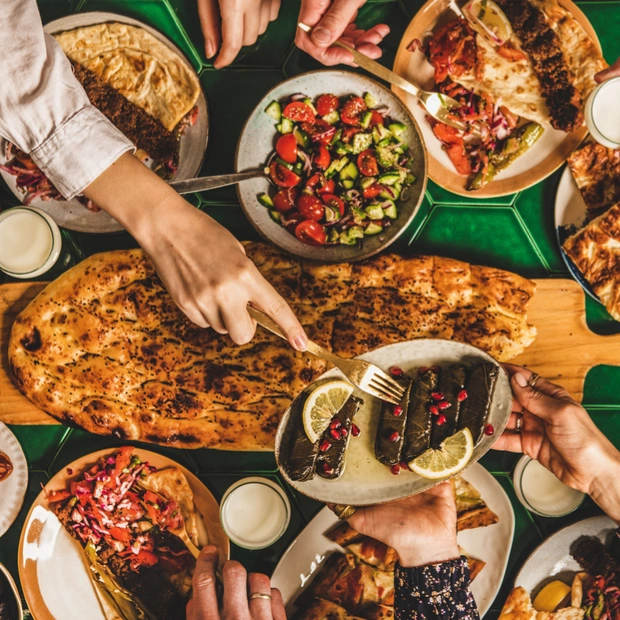Each of us start our life's journey from the family in which we were born and to inherited traits are added in time both positive and negative influences forming one's character. Those, who for varying circumstances never have a family, start adult life with difficulties. Being an 'undercover support' is joyful all children are ours — insists our columnist, Director of a beauty shop chain Sun&City, charity fund 'Life as a miracle', trustee Julianna Viner.
When I was young my ambition was to be a Kindergarten teacher. It had everything I enjoyed, spending all day long looking after children. Come the day when choices for the future had to be made, I chose economics and by twenty-three had opened my first beauty shop.
A pregnant woman who is the business' boss has some advantage. In my case I worked until the last minute and afterwards took my son to the office where his calm nature made this possible. My mother was with me and her help made all the difference. A second son was treated in the same way and the two boys quietly observed and listened to everything around them. After they grew up I still hankered after my childhood ambition and looked for some meaningful social work in addition to business.
I found one small family type orphanage for 40 children and began to spend all of my free time there. A major problem of orphanages is continuity of contact because well wishing people come from outside, bring presents but then disappear forgetting that institutionalized children need live communication far more than they need presents.
Adventures were organized with bus trips to ice rinks, cinema and picnics. The boys came and they evidently liked much to communicate with children from orphanage — so many children, joy and pranks! 12 years later my youngest still asks if they are doing well. These children grew up and I still keep in touch with some of them. One girl was especially close to me — I literally eye witnessed her growing up. Now twenty four she's doing a second degree and plans to become a vet. She studies at different courses at the same time and lives with her boyfriend in a flat the Government allocated to her.
Sadly, for some of the others I knew, life hasn't held the same success. The problem is that or phanages effectively provide for the children's physical needs but do not teach them how to cope with independent life. Often becoming parents far too soon and, unable to cope, pass the babies into official care following their parents' ways.
Breaking this cycle is beyond the capacity of a single person however hard one might try. Working collectively offers solutions and my life changed dramatically for the better when I chanced to meet Nastya Cherepanova, the Director of Fund 'Life as a Miracle'.
The Fund has for eight years specialized in working with children suffering from liver diseases. The Fund's eight person team is remarkable and by Heaven they work. Charity work in Russia is complicated by the depressingly large number of swindlers who still curse our society. Secondly, people who have the resources to help are often too busy with their own lives to look outside their comfort zone and see the needs of the less fortunate. There are signs this is changing and as a Trustee it is my task to bring them to social work as a civic duty.
While I was busy with all of this, time didn't freeze and my own children grew up. Junior is 14, elder 18. They became very kind hearted and respectful to what I do. People often ask me: 'How do you teach them?' With my own example. I had the same — my parents as an example. They reared up my vision of a proper family and I always knew what kind of family I wanted. Our heads are filled with knowledge and understanding in the place where we grow up. Children inherit traditions, knowledge and behavior from their parents; directly or indirectly but it happens. I see it this way: family starts from family. I look at the children from orphanage and understand that they have no example, no place to learn about family. There are exceptions but exceptions are exceptional, there's not many of them. And I want exceptions to become rules. I want people to remember that helping others is as important as their own well being.
